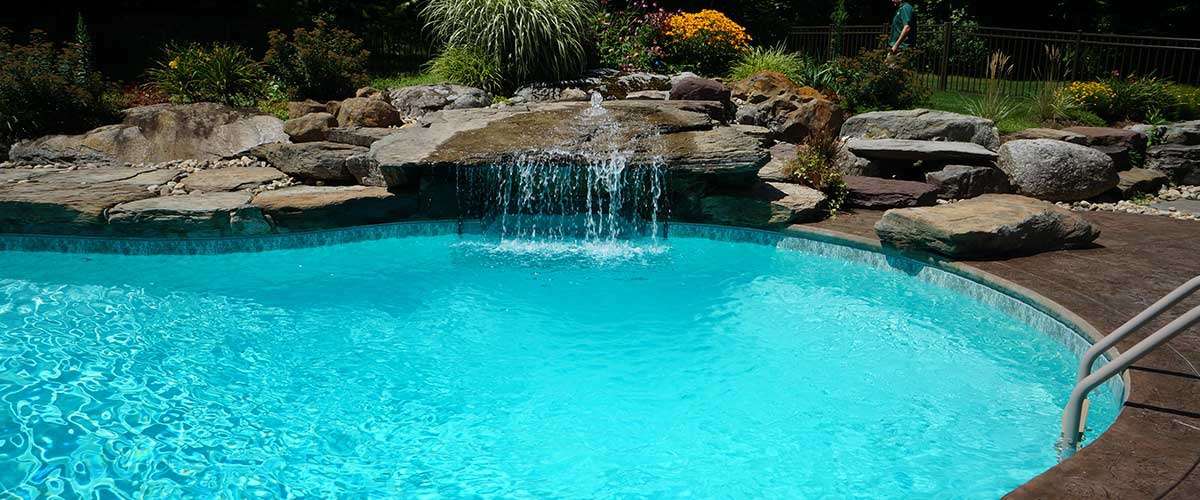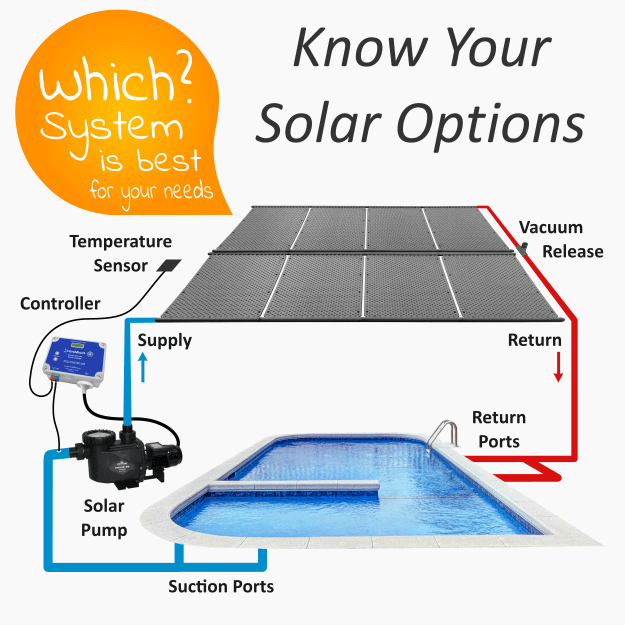Pool Heizen: Maximizing Comfort and Energy Efficiency
The Importance of Pool Heating
Heating your pool is essential for extending your swimming season, improving comfort, and enhancing the overall experience for you and your guests. Whether you have an above-ground or in-ground pool, utilizing appropriate pool heating methods can transform cold water into a pleasant, inviting oasis. The right **pool heater** allows you to enjoy swimming year-round, even in cooler climates. Discover effective solutions and practical tips to optimize your pool heating system.
Types of Pool Heaters
There are several types of **pool heaters**, and each has its own advantages and disadvantages. The primary options include solar pool heaters, gas pool heaters, and heat pumps. Solar pool heaters harness the sun’s energy, making them an environmentally friendly choice and a cost-effective long-term solution. On the other hand, gas pool heaters are known for their quick heating capabilities but can be expensive to operate. Heat pumps, often regarded for their energy efficiency, extract warmth from the air to heat the pool, making them ideal for milder climates. It’s crucial to assess your pool size and usage patterns to choose the best option for your needs.

Energy Efficient Pool Heating Solutions
To reduce energy costs, consider using a pool cover when the pool is not in use. Covers not only retain heat but also minimize evaporation, significantly boosting the energy efficiency of your pool heater. Pool heat retention strategies, such as solar blankets or insulated covers, can help maintain warm temperatures while lowering operational costs. Additionally, incorporating solar pool heating systems contributes to sustainable living while keeping your pool at a comfortable temperature.
Installation and Maintenance of Pool Heaters
Proper installation and maintenance of your **pool heater** are critical to maximizing efficiency and longevity. When installing a heater, it’s essential to follow manufacturer instructions and consult professionals if needed. Mistakes in installation can lead to inefficiencies or even disasters. Regular maintenance is also key—check filters, heaters, and gas lines frequently to ensure they are functioning optimally. Scheduling annual inspections can uncover underlying issues and prolong the health of your heating system.
DIY Installation Tips
If you’re considering a do-it-yourself approach to installing a pool heater, start with research on compatibility with your existing setup. Ensure you have the necessary tools and understand the installation process thoroughly. For electric and gas heaters, check local codes and permits that may be required before starting your project. Always prioritize safety by turning off power and gas lines prior to installation. While the investment in a quality heater pays off in comfort, incorrect installation can lead to costly repairs.
Seasonal Maintenance Checklist
To keep your pool heater in top shape, create a seasonal maintenance checklist. This might include:
- Cleaning and replacing filters as needed.
- Checking for any gas leaks in gas heaters.
- Inspecting the heat exchanger in heat pumps for limescale buildup.
- Flushing the system to remove any debris that could hinder operation.
Protecting your investment with regular maintenance not only ensures efficiency but also enhances the swimming experience!

Budgeting for Your Pool Heating System
When planning for a **pool heater**, consider both the initial investment and ongoing operational costs. Research various heaters to understand their price ranges and potential energy expenses. Understanding how different heating methods fare in terms of cost-effectiveness can guide you in making smart decisions. For instance, **solar pool heaters** may have higher upfront costs but substantially lower utility bills over time, making them a desirable long-term investment.
Calculating Heating Costs
To effectively budget, calculate how much it will cost to heat your pool based on location, heater type, and local energy prices. Generally, brands provide specifications on BTUs (British Thermal Units) that can inform you about the heating capacity and associated costs. Finding calculators online specific to pool heating can offer estimates based on desired temperatures and heating duration, thereby aiding your spending plans.
Financing Your Pool Heating Investment
If the upfront cost of a new heating system is a concern, consider financing options available through reputable providers. Many companies offer payment plans to help spread the costs over several months. Additionally, look into government rebates for solar energy systems that might offset the overall investment considerably. Reviewing energy efficiency programs in your area can reveal potential savings that enhance your budgetary considerations.
Pool Heating FAQs
1. What factors affect my choice of a pool heater?
Various factors determine the best pool heater for you, including your pool’s size, climate, budget, and frequency of use. Generally, bigger pools require more substantial heating capacities, while solar or electric may be more efficient in warmer climates. Always balance initial costs with long-term operational expenses to choose the best fit.
2. How do I reduce my pool heating costs?
To reduce heating costs, consider using a pool cover, reducing the pumping hours, setting your heater to an optimal temperature, and investing in energy-efficient systems. Regular maintenance will also ensure your heater is running efficiently, subsequently saving you on energy bills.
3. Can I leave my pool heater on all season?
Yes, you can leave your pool heater on for the swimming season, but consider the temperature settings. To save energy, drop the temperature when the pool is not in use for extended periods, and use a pool cover to keep the heat in when the pool isn’t being enjoyed.
4. What is the lifespan of a pool heater?
Typically, pool heaters can last between 5 to 20 years depending on the type and how well they are maintained. Gas heaters tend to have a shorter lifespan, while heat pumps generally last longer; consistent maintenance is vital in determining longevity.
5. Are solar pool heaters worth the investment?
Absolutely! Solar pool heaters have lower operating costs and contribute to environmentally conscious swimming practices. Although solar heaters have a notable initial cost, their lifetime savings on utilities and sustainable energy usage make them potentially profitable in the long run.
6. What temperature should I set my pool heater?
The ideal swimming temperature typically ranges from 78°F to 82°F (25-28°C). Setting your heater within this range keeps your pool comfortable without excessively raising energy costs. Consider lowering the temperature during off-peak hours.
7. Do I need a permit to install a pool heater?
Permit requirements vary based on local regulations. Check with your city or county before installation, as some areas enforce specific codes for pool heater safety and installation practices.
Key Takeaways
- Understanding your pool heater options can enhance your swimming enjoyment and save costs.
- Regular maintenance is essential to optimize performance and ensure longevity.
- Consider energy-efficient methods and appropriate budgeting for long-term savings.
Remember, investing in an efficient pool heating system not only elevates your swim experience but also contributes to environmental sustainability. Explore your options, prioritize proper installation and maintenance, and dive into a warmer pool experience today!
